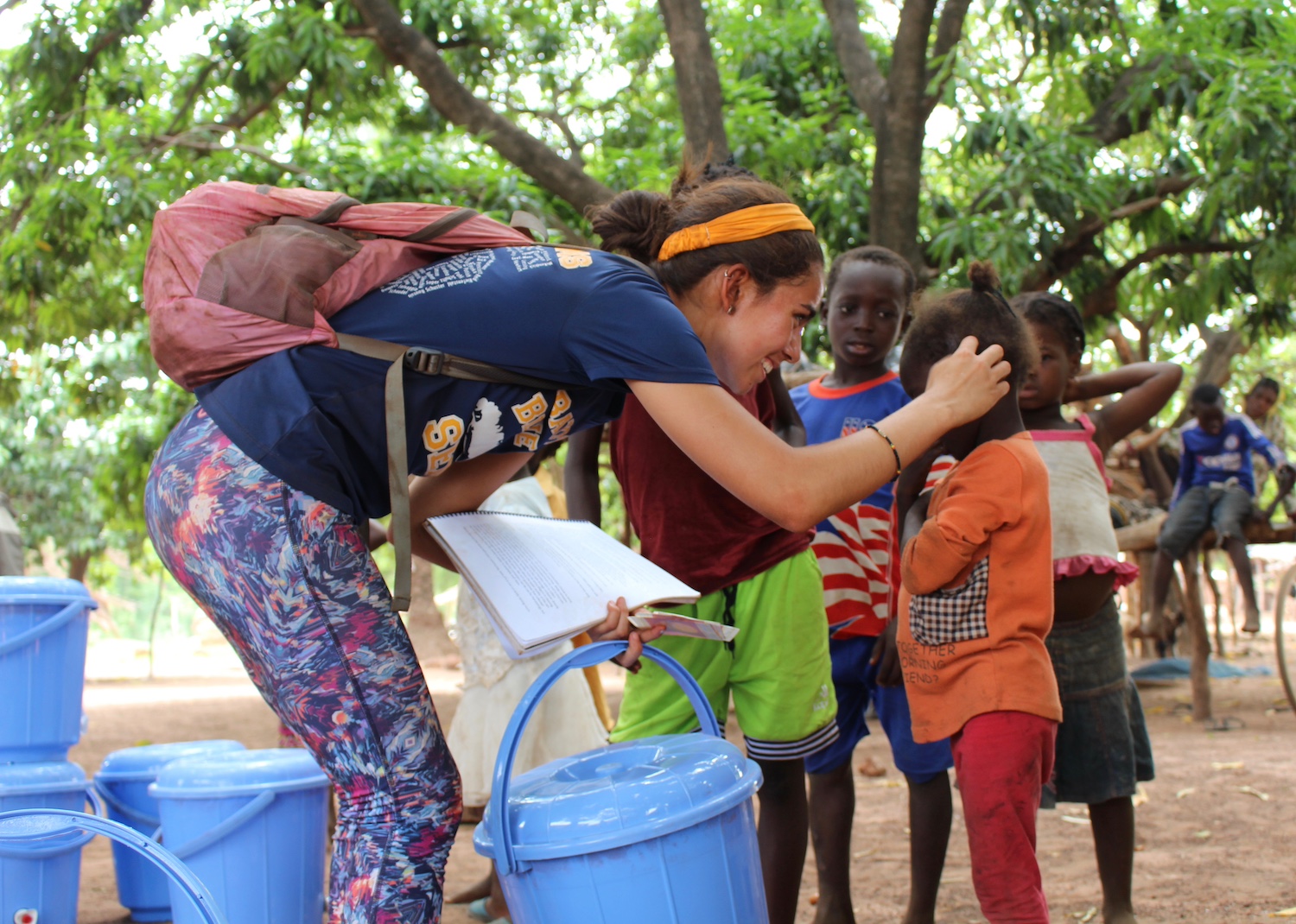
(Image: RDNE Stock project/Pexels)
It is the season of giving. The grassroots movement Giving Tuesday, which takes place each Tuesday after Thanksgiving, raised $3.1 billion in a single day in 2023. Last year alone, corporations donated $36.55 billion to charities. Yet Doug Lessing, founder of the values-focused team-building tech platform Phin, said he found fundamental problems with the standard approach to corporate giving. It ignored big opportunities to have a greater social impact and engage employees.
“As I began to research, I realized companies managed corporate giving in one of three ways,” Lessing told TriplePundit. “A company would write a big check from the C-suite, typically to a small number of very large NGOs or organizations. Or it would set up a matching program to a charity that was poorly taken advantage of by its employees. Or it would ask its employees or customers to donate funds to a cause it had selected.”
Some $4 to $7 billion per year in matching funds in corporate donations go unused, according to American Charities. On average, only one-third of matching funds are used.
Empowering employees to make giving decisions
After three decades of helping build the book publishing software and services company Firebrand Technologies, Lessing was looking for a new challenge in his professional life. He didn’t have to look very far. His three Generation Z daughters provided plenty of inspiration, and they were all about social impact. Lexie, now a part of Phin’s Impact Team, spent two summers in Africa at age 19 and 20 helping women entrepreneurs establish clean water businesses. His daughter Jillian was saving coral reefs by age 20, and Lindsay organized rapid response food distributions during the COVID-19 pandemic when she was 16.

When Lessing looked at their efforts, “I realized what was missing in this narrative of, ‘We want to give as a company’ was the involvement of employees in a way that engaged them directly,” Lessing said. “The approach to donations should not be an ask, but a way to empower employees in the decisions about how the company gives back and the tangible difference it is making in the world. In other words, it’s the company saying, ‘We want you involved in the giving, but we’re not going to ask you for anything.’”
Phin’s tech platform is designed for companies to integrate philanthropy into the core of their business, rather than positing it as a “nice-to-have” add-on, Lessing said. The platform can be integrated into existing HR systems. When an opportunity arises to recognize an employee for a birthday or for a team for a specific achievement, a selection of causes and charities chosen by the company are presented to the employees, in an amount pre-paid by the company. The employee or team members then select their charity of choice.
“We're creating employee engagement recognition programs around corporate giving that is truly a gift from the company to the employee. The employee gets to pay it forward to one of the organizations that's featured, so it’s a charitable giving platform funded by the companies,” Lessing said. “It’s a way for companies to say, ‘This is who we are, these are our values and you are part of it.’”
Talent retention among benefits to companies
Among the benefits to companies are the opportunities for team building and reinforcing its values and mission. Companies have also found it to be an approach that benefits talent attraction and retention and builds trust with employees and customers.
One of Phin’s clients, the digital experience platform ContentStack, reported a 97 percent new hire acceptance rate, a drop in its voluntary turnover rate from 20 percent to 10 percent, and a rise in company satisfaction to 85 percent.
“We know that in the course of the year that they studied these metrics, it was not only the Phin program but other variables at play,” Lessing said. “However, the CEO does attribute the charitable giving through Phin as a key mechanism for cutting their attrition in half as well as their acceptance rate going through the roof. They had begun talking about charitable giving in the recruiting process as part of their values.”
To date, $2 million in donations have been given by 30,000 employees through the Phin platform.
Gen Z wants companies to engage their passion
Lexie Lessing told TriplePundit that she and her younger sisters — who both serve as ambassadors at Phin — are part of a generation of people who want to work for companies that align with their personal values and support the causes they care about.
“Among my friends, we all want to leave a positive impact in the world. We want to take what we’ve been given, or not given, and try to do better for others. Many of my friends are really engaged, not just in the entrepreneurial space but also politically as they push for policies that can make things better for people,” she said. “That’s both from a systemic level and volunteering at the community level.”
The solution has plenty of runway to scale, Doug Lessing said. The biggest barrier is companies gaining awareness that there is another way to manage corporate giving that can meet more of their sustainability and social impact objectives and their desire to give back.
“There is potential to take this concept to different kinds of businesses as an opportunity to elevate company values,” he said.
It’s a belief shared by his daughters. “I’m outnumbered by very smart and driven women,” Lessing said. “And I am better for it.”

Based in Florida, Amy has covered sustainability for over 25 years, including for TriplePundit, Reuters Sustainable Business and Ethical Corporation Magazine. She also writes sustainability reports and thought leadership for companies. She is the ghostwriter for Sustainability Leadership: A Swedish Approach to Transforming Your Company, Industry and the World. Connect with Amy on LinkedIn and her Substack newsletter focused on gray divorce, caregiving and other cultural topics.














